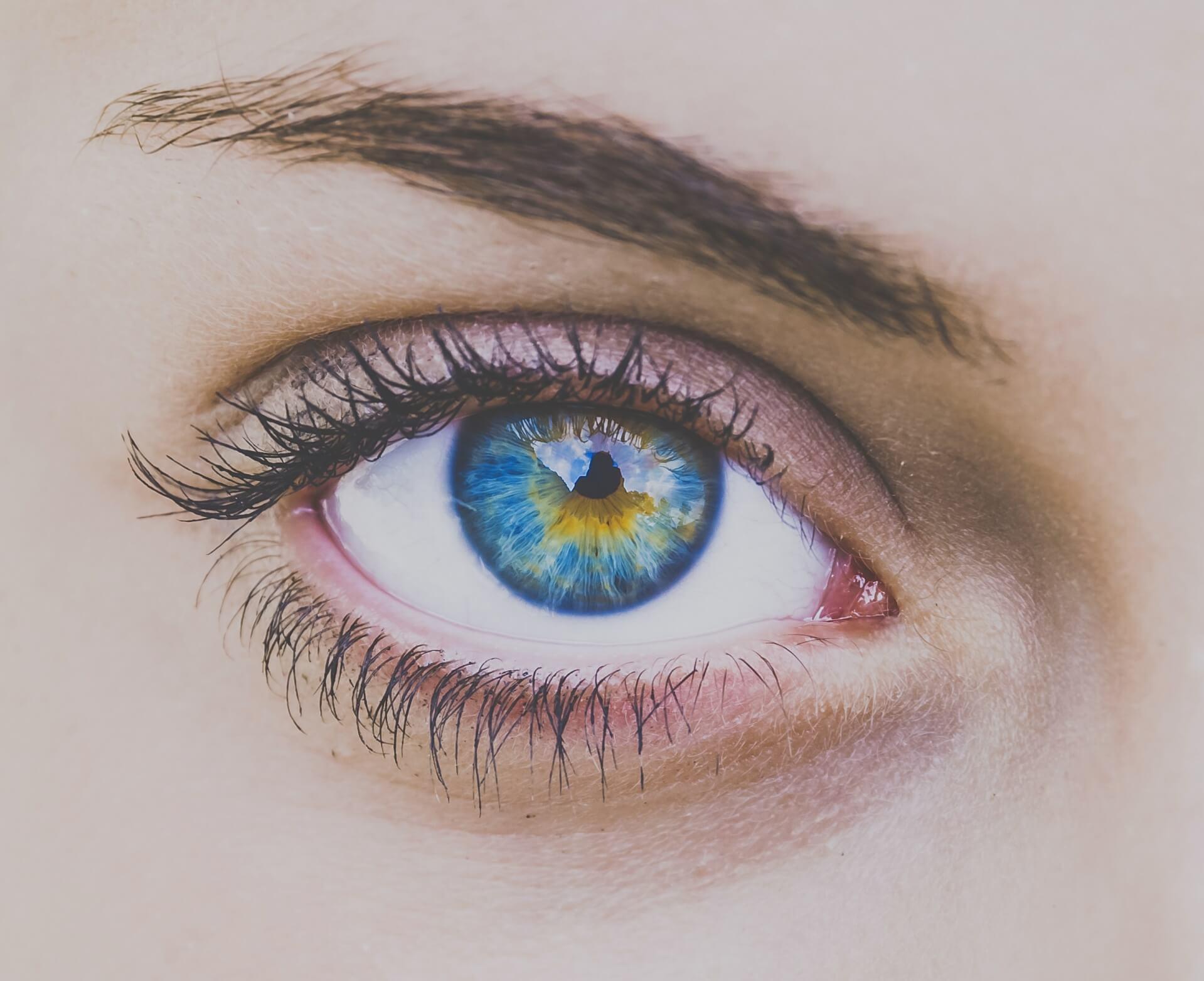
People recognize gestures and interpret glances very quickly and almost automatically. Computers and robots cannot do this. That is why scientists around the world are working on ways to make human-computer collaboration more social, efficient and flexible. Computer scientists from Saarbrücken and Stuttgart have now reached an important milestone together…


